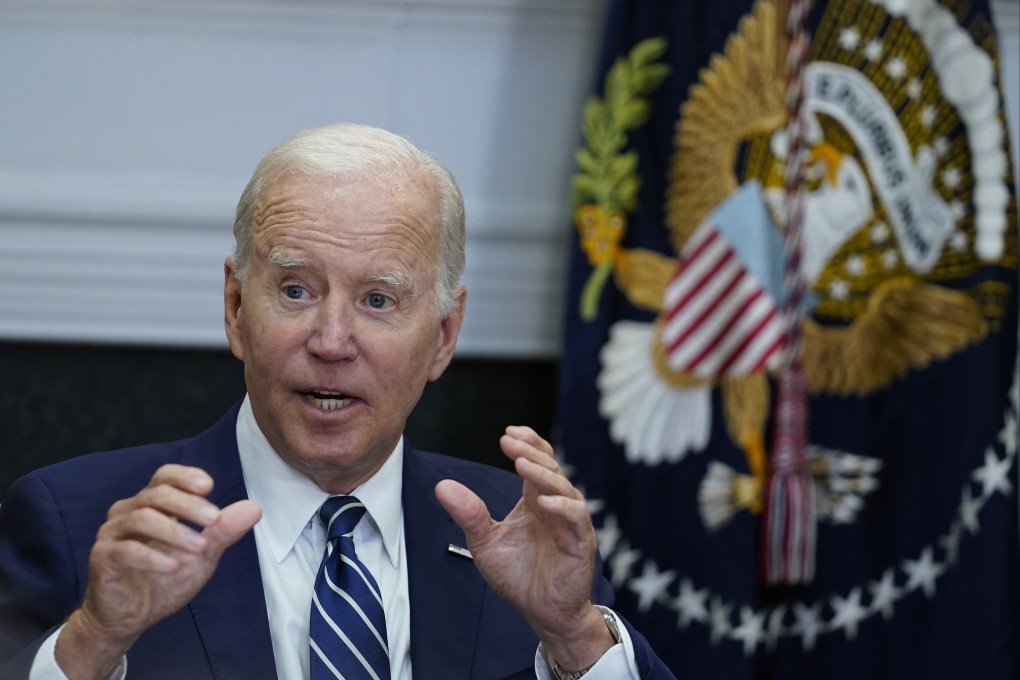Business groups urge Biden to return trade to heart of Asia policies
- US-led chambers among 15 international associations in combined push for regional trade agreements, but China group silent
- Indo-Pacific Economic Framework a start, but Washington urged to put all incentives ‘on the table’

The US Chamber of Commerce and more than a dozen other American business associations representing companies invested in Asia issued a joint statement on Thursday that pushes US President Joe Biden to put trade back into his economic policies aimed at the region.
“That is the best way to achieve the most meaningful benefits for American businesses, workers and consumers.”
Biden announced last month that 12 countries in the Asia-Pacific had joined IPEF, which emphasises labour and environmental standards instead of market access, and has faced steady criticism from some lawmakers and pundits from both political parties.
They include Senator Tom Carper, a Democrat from Delaware, and Senator John Cornyn, a Texas Republican, who argue that lowering trade barriers would be more effective in furthering the US government’s objective of countering China’s economic influence in Asia, a strongly bipartisan goal.